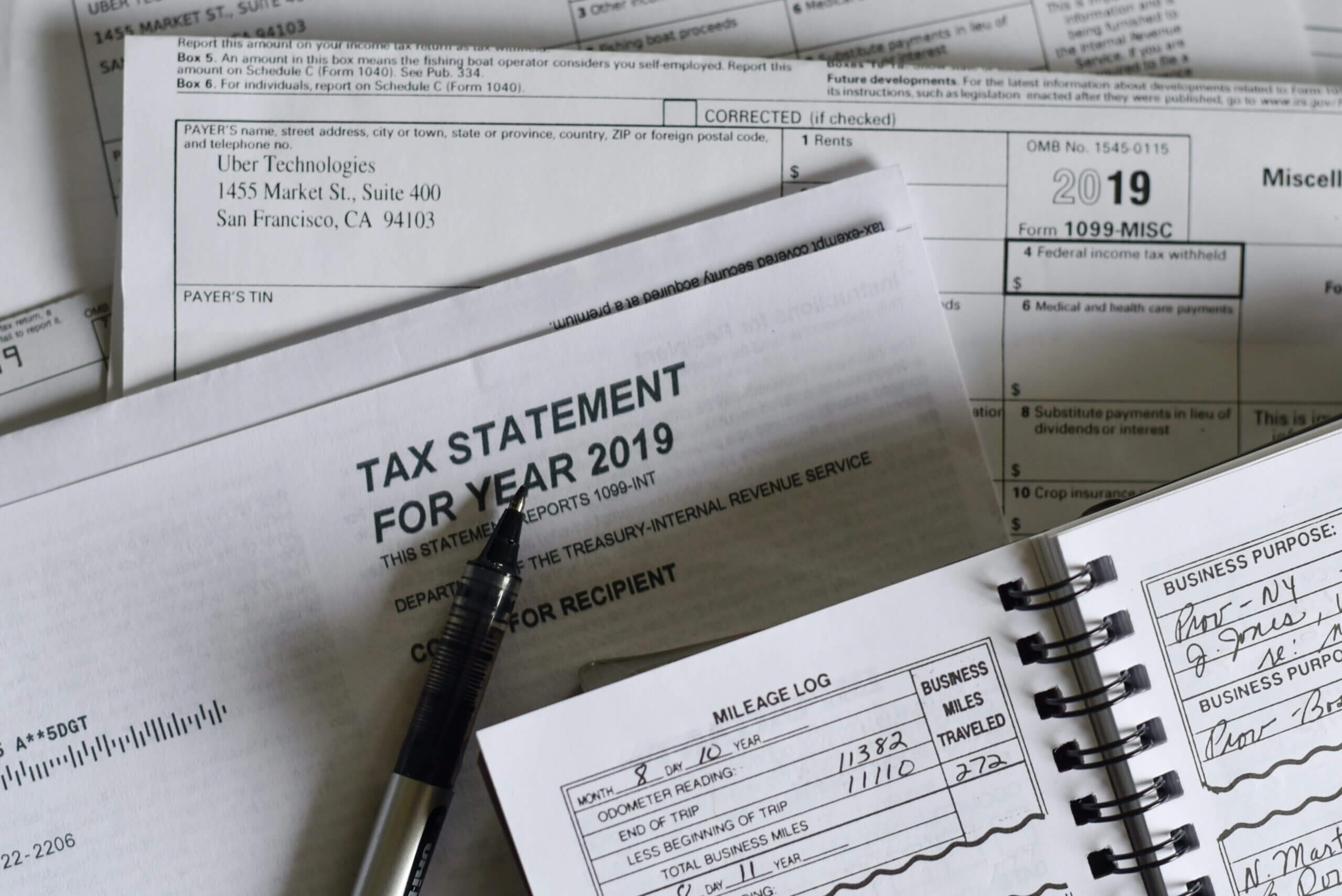Harris: Financial benefits of applying for Medicare at 65
By Charlestien Harris
I am turning 65 this month, and I am excited about the benefits that come with it – Medicare being just one of them! For those who may not know, Medicare is the federal health insurance program for anyone age 65 and older, as well as for some people under 65 with certain disabilities or conditions. I have decided to keep working, so my experience will be a little different, but there are other options if you choose to stop working and fully retire.

I want to share some of the financial benefits of applying for Medicare, along with the penalties you could face if you don’t sign up at the right time. Let’s take a look at some of these benefits, as well as the drawbacks that could impact your financial situation if you delay your application.
- The sign-up period is key to avoiding permanent penalties.
According to Medicare’s website, the initial sign-up period can vary depending on when your birthday falls and when you turn 65. You can sign up for Medicare benefits as early as three months before your 65th birthday or up to three months after. If you miss this eight-month Special Enrollment Period, you’ll have to wait to sign up and could go months without coverage. You might also incur a monthly penalty for as long as you have Part B, with the penalty increasing the longer you delay enrollment. The penalties for missing the Medicare deadline depend on the type of coverage and how long you delayed enrollment:
- Part A: You’ll pay an extra 10 percent of your monthly premium for twice the number of years you delayed enrollment.
- Part B: You’ll pay an extra 10 percent of your premium for each year you delayed enrollment. This is a lifelong penalty.
- Part D: You’ll pay 1 percent of your monthly premium for each month you delayed enrollment. This penalty continues for as long as you’re enrolled in Part D.
In my case, I decided to continue working and keep my employer insurance. When I decide to leave my job, I will have the option to sign up for my Medicare benefits during a Special Enrollment Period (SEP) without incurring a penalty. If you lose your job-based health coverage before you or your spouse stop working, you have eight months to sign up.
- Medical insurance premium costs may be reduced.
Part A of Medicare is usually premium-free because you or your spouse (if you are covered under their insurance policy) have paid into the Medicare system through payroll contributions. Most people receive Part A (hospital insurance) at no cost because they or their spouse paid Medicare taxes while working, typically for at least 10 years. If you are still employed when you turn 65 and are enrolled in an employer health plan, your monthly health plan cost could be reduced under certain circumstances.
In my case, I have Mississippi retirement plan insurance. Once I turned 65 and Medicare became my primary insurance, my premium deduction was reduced, and my take-home benefit amount increased. Signing up for Medicare when you turn 65 can help avoid coverage gaps and a monthly Part B late enrollment penalty.
- Research the Medicare Savings Plan for additional financial help.
The Medicare Savings Programs (MSP) can save you money. If you can’t afford to pay your Medicare premiums or other medical costs, your state may be able to help. States offer Medicare Savings Programs for people entitled to Medicare who have limited income. Some programs may pay for Medicare premiums, while others cover deductibles and coinsurance. To qualify, you must have Medicare Part A and meet income and resource limits.
For more information, you can visit the Medicare costs webpage at www.medicare.gov/basics/costs. Look for the link titled “Get help with costs.” You can also read Get Help with Your Medicare Costs: Getting Started (Publication No. CMS-10126). Only your state can determine if you qualify, so be sure to contact your state or local Medicaid agency, social services, or welfare office to find out.
- You can save money through the Qualifying Individual (QI) program if eligible.
The Qualifying Individual (QI) program covers the Medicare Part B premium for people with limited income and assets. The main benefit of QI is that it saves you money by covering the Part B monthly premium. If you qualify for QI, this money remains in your monthly Social Security check instead of being deducted. You’ll have more to spend on essentials like groceries, housing, utilities, and other daily living expenses. To qualify for the QI Medicare Savings Program, you must be eligible for or enrolled in both Part A and Part B, and your income and assets must fall below a certain limit. These limits are based on the Federal Poverty Guidelines (FPG) and change every year. If you are eligible for Medicaid, you cannot receive help from the QI program, but you may qualify for another MSP.
Understanding Medicare and its benefits can be challenging, but several resources are available to help. You can visit your local Social Security Administration office to request a copy of Medicare and You, which is also available for download at Medicare.gov.
I hope this information has been helpful. It certainly has been for me as I embark on this exciting journey of turning 65! Bring on the senior discounts!
For more information on this and other financial topics, you can email me at Charlestien.Harris@banksouthern.com or call me at 662-624-5776.
Until next week – stay financially fit!
Charlestien Harris is our financial contributor, a financial expert with Southern Bancorp Community Partners whose articles are seen in a number of publications around the region.






